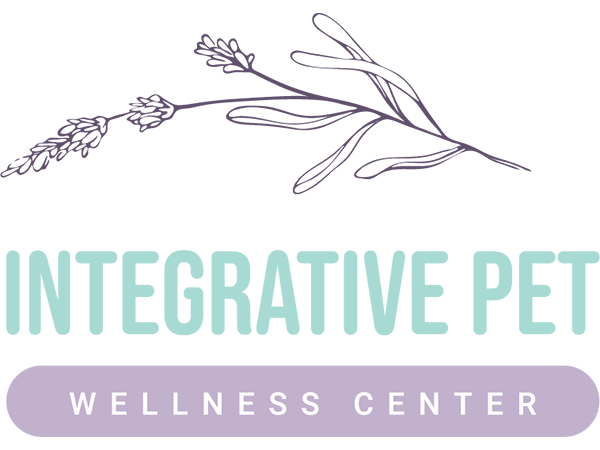The term “holistic medicine” has been used a lot in recent years. But what does it really mean?
Here is my take:
The dictionary definition of holism is “a study or method of treatment that is concerned with wholes or with complete systems.”
Holistic medicine is about treating the body as a whole with interconnected parts, including the physical and mental states. The goal of the therapy is to achieve optimal health and wellbeing as a whole rather than focusing on a specific symptom and targeting one outwardly problematic area. Holistic medicine integrates conventional and alternative therapies and uses strategies of preventive medicine. This means that all western medicine can be considered as part of holistic medicine, although more often, we think of alternative therapies that help to fill in the gaps that western medicine may not address.
Some of the most common types of alternative therapies include – Traditional Chinese Medicine (Acupuncture, Herbal medicine, and others), Ayurveda, Homeopathy, Naturopathy, Diet and Nutrition, Chiropractic and Massage therapy, Essential oil therapy. Practices such as Yoga, Tai chi, Qigong, Reiki, Meditation are also tools in holistic health.
In my mind, anything that can help us with our body, mind, and spirit is all part of the practice of holistic medicine.
Many of the holistic practices have been around for hundreds and even thousands of years. Advances in western medicine have given us tremendous advantages in improving our health. However, the convenience of taking medicine to combat a specific symptom or illness may sometimes cause us to forget the root of the problems. For example – chronic headaches may be caused by stresses in daily lives, allergies, or skin issues that may be directed linked to diet and lifestyle choices. Chronic diseases often have roots that are deeply tied to how we live our lives. Medicine may temporarily relieve symptoms, but cures or long-term improvements lie in changing some fundamental ways of how our body and mind as a whole responds within.
This is true for humans and animals! Although I can’t quite teach my dog to do yoga and meditation (not yet, anyway), I take a holistic approach to her general care. I know she responds to stresses negatively as a person would, and that reflects in her physical health. I have seen how much a good diet and supplement reflects in her shiny coat and perky attitude. She gets routine blood tests, x-rays, and dental cleanings, and she has her acupuncture sessions when her joints get a bit sore. For a 14-year-old dog, she is still getting a clean bill of health. I often say that it is not fair that dogs and cats have such a short life span compared to their human companions, but I am working hard towards making the years the best they can be.
Holistic (or Whole-listic) care is the best form of preventive medicine. If this is something you are interested in, please talk to your veterinarian about options. It is becoming more and more prominent in regular veterinary care; even if your doctor does not practice different forms of holistic medicine, he or she may be able to refer you to someone in the area who can complement the care your pet is already receiving.
It is my sincere hope that all pets can live happy, healthy, and long lives.

